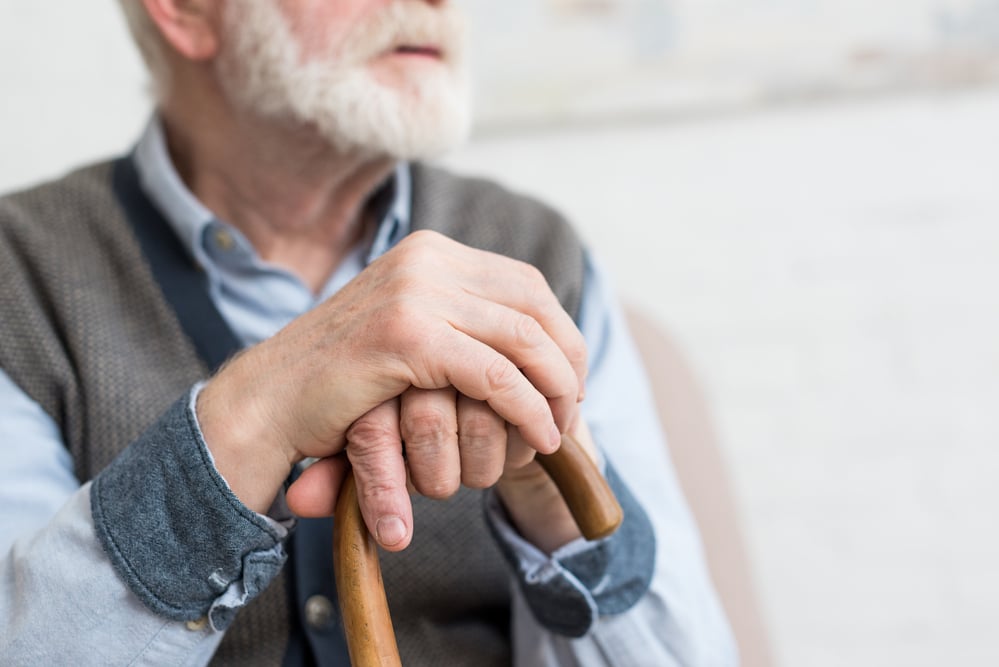Nursing homes are the final destination for most residents, so they should offer high-quality, person-centered services. Even the best ones can slip up, but a worrying trend is raising the list of issues in nursing homes and similar facilities, partly due to increased demand. Here are some of the most common problems and complaints from nursing homes.
1. Isolation
If you are about to send your parents to a nursing home, you might think they will get to enjoy with people from their age group. However, seniors might get depressed and feel isolated because they miss their homes and previous lives. Additionally, not all nursing homes offer a variety of activities, nor all offer patients outdoor space. The lack of socializing can further lure a person into isolation.
2. Malnutrition and dehydration
Dehydration and malnutrition are the biggest concerns if your loved one is in a nursing home. Residents in senior living facilities should meet the dietary requirements of older adults. Apart from the main meals, there should also be a snack offered. Food should always correspond with the doctor’s nutritional restrictions. If you notice signs of dehydration and weight loss, it could be due to elderly abuse, though it does not have to be the only reason.
3. Other residents
In some cases, residents could face theft and forms of abuse by other residents. Statistics suggest that hundreds of thousands of senior care facility residents are mistreated and disregarded. If caught, abusers can face legal consequences and eviction. Sadly, abuse in seniors is often overlooked because they do not want to speak up, and families are usually kept in the dark.
4. Troubling staff
Nursing homes are places where various medical professionals and staffers meet, and you cannot expect to be best friends with everyone. However, some staffers had improper training, while others might suffer burnout, which could lead to harmful or even deadly decisions. If you have troubles with a staff member while your loved one is in a facility, contact your local long-term care ombudsman or file a complaint with your state’s Department of Public Health.
5. Abuse of restraints
Restraints could be used in specific cases, but certain protocols must be followed. These include assessing patients’ status every 15 minutes and keeping them hydrated. The restraints must be removed when the patient is no longer a danger. While these are mainly used when the patient is trying to remove tubes or drains, abuse of restraints can hurt and even kill senior patients.
6. Troubles with medications
Medications should be taken as doctors prescribe, but there are troubling revelations regarding the abuse of antipsychotics in senior facilities. The reports from 2011 and onward recorded a high number of people who were given antipsychotics despite not being psychiatric patients. This happens when the staff is overworked and wants to “numb” the patients, especially those struggling with dementia or Alzheimer’s.
7. Lack of hygiene
Sadly, clothes scattered all over the rooms, overflowing trash cans, and dirty trays are not uncommon sights. If the place looks messy, residents will likely not get proper hygiene. It creates more issues since uncleaned spaces pose a greater risk for infection and the spread of diseases.
8. Infections
In nursing and assisted living facilities, there is a vast number of infections, and according to the CDC, there are 1 to 3 million infections each year. Aside from Covid, the most common can cause scabies and other skin infections, pneumonia, and urinary tract infections.
9. Call response time
The average response time in senior living facilities should be under five minutes. However, that time could be from 30 minutes to hours, likely due to understaffing. This could be a life-threatening issue for patients with diabetes or heart problems, and if your loved one in a nursing home spoke about this, you can contact the state’s Department of Disabilities and Aging.
10. Neglect
Understaffed facilities can lead to patient neglect, though it could be due to inadequate nursing. Neglect results in illness, physical harm, mental anguish, or any other condition caused by a caregiver’s failure. Residents or family members should report the suspected neglect to the state’s long-term care ombudsperson, Adult Protective Services (APS), or the state’s licensing agency for assisted living.
11. Inadequate sleep
Disrupted sleep can ruin a senior’s mental health and physical abilities. Some nursing homes wake their residents for medications, but it is even worse when the noise keeps them awake. Additionally, many seniors struggle with insomnia, which is only worsened by a lack of activities and isolation. Overall, sleep is vital for seniors, and disruption can have long-lasting adverse effects.
12. Lack of comfort
Being in a nursing home or similar facility can feel overwhelming and leave a person vulnerable. Providing care goes beyond proper meals and decent hygiene. People need to know they are safe and not a burden, which is part of caring for the elderly. However, if there isn’t enough staff, these people will be left to fight demons alone.






